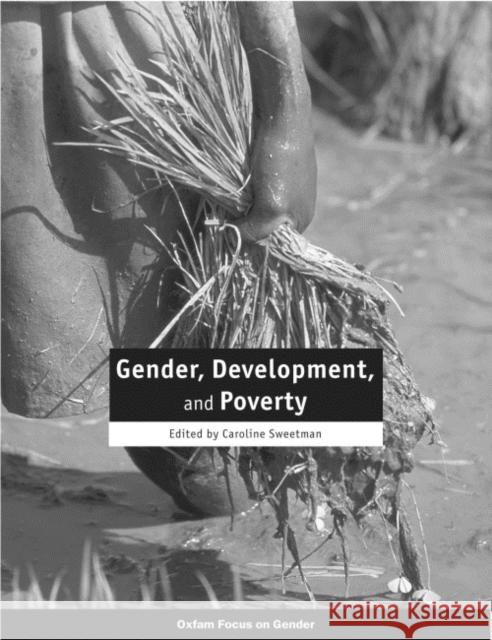Gender, Development and Poverty » książka
Gender, Development and Poverty
ISBN-13: 9780855984809 / Angielski / Miękka / 2002 / 104 str.
Over the past 50 years, billions of dollars and working days have been expended on the -development- of countries in Africa, Latin America, Asia, and the Pacific. The alleviation of poverty is the primary concern of many -- though not all -- organizations working in the development sector. Some, notably the international financial institutions, have focused primarily on promoting economic growth at the macro-level, in the belief that increases in wealth at the national level will eventually -trickle down- to alleviate poverty throughout entire populations. In this view, grassroots poverty alleviation strategies are seen as short-to-medium-term activities, to complement macro-economic policies. In contrast, some development organizations -- often NGOs -- do not believe that wealth will ever trickle down to women or men in poverty; they see community development initiatives to address poverty as part of an alternative development approach. A commitment to equality between women and men may or may not figure as a part of their work.
This book examines the complex links between poverty and inequality between women and men. It shows how gender inequalities impact on men's, women's and children's experiences of poverty, and demonstrates the importance of integrating gender analysis into every aspect of development initiatives. Covering a range of issues including macro-level neoliberal restructuring, poverty reduction strategies, gender budgets, education, HIV/AIDS, globalization and poverty in the North, the contributors bring new insights into the impacts of gender-blind development policies at all levels. Illustrating their analysis with examples from Peru, Sudan, Tanzania, Ghana, Togo, and the UK, they show how gender equality forms an integral part of -development, - which must be mainstreamed into all poverty alleviation programs and development initiatives.











